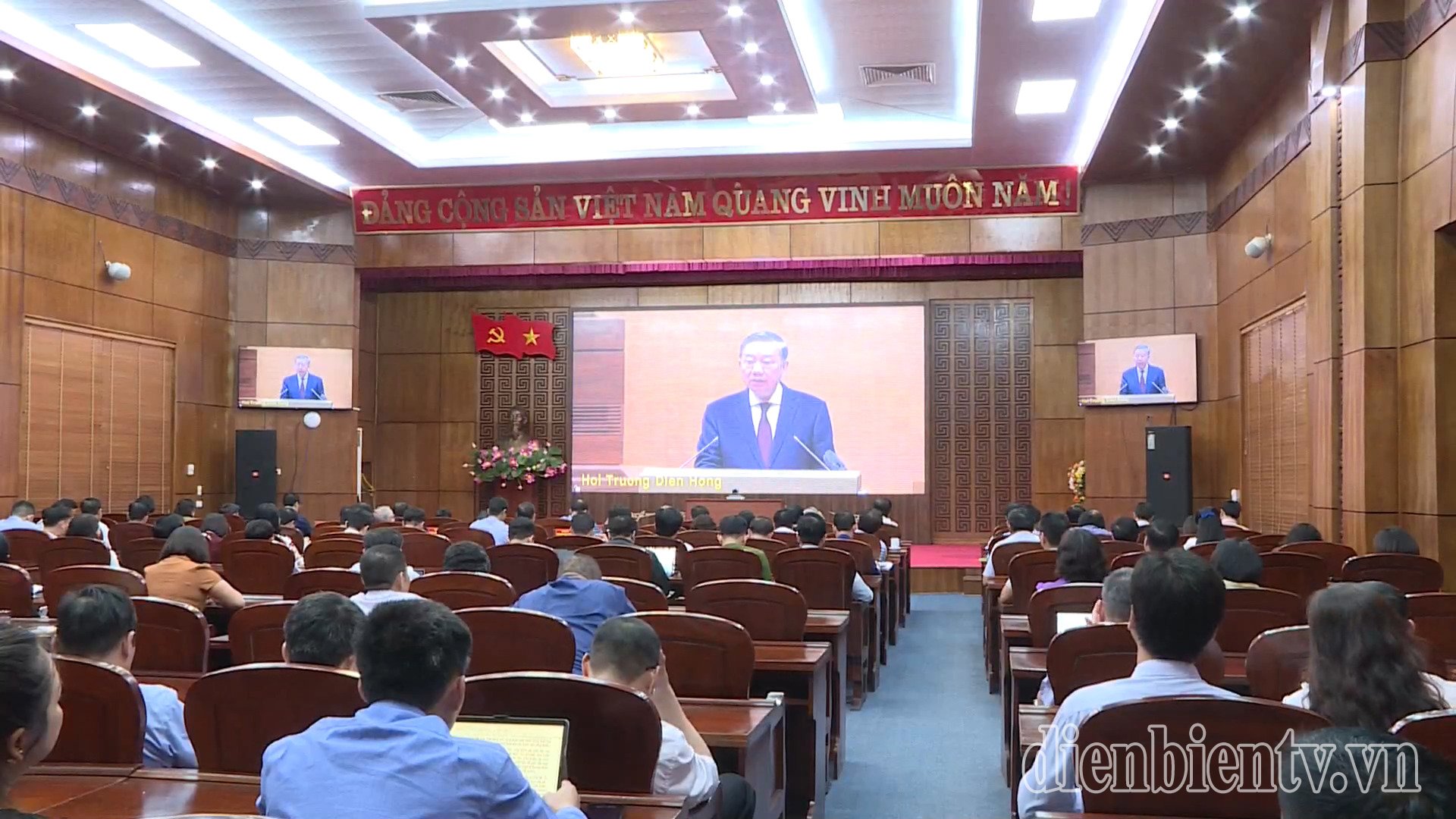Digital competency is a relatively new concept in Vietnam. However, with the inevitable need for digital transformation in all aspects of social life, digital competency has become an important criterion for young human resources. Improving digital competency for students helps them to be ready to familiarize themselves with and improve digital skills to serve their studies and career development.

Digital Competency Framework for Learners
The Ministry of Education and Training has issued Circular No. 02/2025/TT-BGDDT regulating the Digital Competency Framework for learners, effective from March 11, 2025. The Circular applies to educational institutions, education and training programs, and learners in the national education system; and relevant organizations and individuals.
According to the Ministry of Education and Training, the purpose of using the Digital Competency Framework is to serve as a basis for developing training program standards; building and developing educational programs; building learning materials and guidance documents to develop digital competencies for learners. To serve as a basis for assessing the requirements and achievements of learners' digital competencies in educational programs; to develop criteria for testing, evaluating and recognizing learners' digital competencies. At the same time, to ensure consistency in learners' digital competency requirements; to serve as a basis for comparing or referencing between educational programs and digital competency frameworks.
The digital competency framework for learners includes 6 competency domains with 24 component competencies, divided into 4 levels from basic to advanced in 8 steps. Learners need to meet the competency requirements: Data and information mining; Communication and collaboration in digital environment; Digital content creation; Safety; Problem solving; Artificial intelligence application.
Talking about the significance of building a common digital competency framework for learners, Ms. Nguyen Thu Thuy (Director of the Department of Higher Education, Ministry of Education and Training) shared: The competency framework plays an important role in equipping, shaping, and developing digital skills for students, students, and workers in the following aspects: Equipping a solid foundation of knowledge, skills, and attitudes related to digital technology; providing criteria for assessing and self-assessing current competencies, in order to have appropriate training and development plans, and at the same time, issuing this competency framework also ensures consistency and standardization nationwide, encouraging learners to self-study and be creative throughout their lives. Therefore, the significance of the digital competency framework does not stop at improving the quality of education but also opens the door to innovation, helping students become global citizens, with the ability to compete in the international labor market. This is also an opportunity to narrow the digital divide between regions, ensuring that all learners, whether in urban or rural areas, have the opportunity to access and master technology.
This is a very new content, research is mainly based on international experience and on rapidly developing and changing content. This competency framework will be relevant to and impact all learners in the national education system at all levels and regions with quite large differences in information technology infrastructure conditions, teaching staff and learners' qualifications.
Promoting digital transformation in education
According to Mr. Nguyen Son Hai, Director of the Department of Information Technology (Ministry of Education and Training): In recent times, the application of information technology and digital transformation in the education and training sector has achieved many important results. Specifically, 100% of the sector's databases have been completed and successfully connected to national databases.
Regarding higher education, the Ministry has issued many new documents to complete the legal framework to promote the application of information technology and digital transformation. Since 2022, the Ministry has built and put into operation the higher education database system (HEMIS). To date, the data of about 470 higher education institutions, over 25,000 training programs, over 100,000 staff records, nearly 3 million student records have been digitized; data on graduates has been connected and synchronized with the national database on insurance (sharing employment data of about 97,000 graduates annually); reporting data on about 18,000 civil servant records of higher education institutions under the Ministry to the national database on facilities.
In addition, the application of information technology to serve the High School Graduation Exam and university admission has been implemented synchronously and thoroughly, from exam registration, registration of admission wishes, payment of admission fees and admission confirmation, all done online for all candidates.
In particular, since 2022, the Ministry of Education and Training has completed the deployment, provision and integration of level 4 public services on "Registration for high school graduation exam" and "Registration for university and college admission in preschool education" on the National Public Service Portal; integrating the online payment platform provided on the National Public Service Portal. In 2024, the public service system received applications from more than 1 million candidates registering for the high school graduation exam, of which the number of students registering online reached more than 94.66%; nearly 4 million admission wishes were registered online by candidates...
Along with the above efforts, the Digital Competency Framework will contribute to developing comprehensive digital human resources for Vietnam in the context of globalization.
Prof. Dr. Hoang Anh Tuan (Rector of the University of Social Sciences and Humanities) said: As one of the leading educational institutions in the field of social sciences and humanities, the University of Social Sciences and Humanities has been a pioneer in integrating digital skills into the teaching and learning program. In recent times, the school has successfully piloted methods and tools to develop digital capacity for students and lecturers.
“Digital transformation is taking place more and more strongly, and especially artificial intelligence is developing “dizzily”, affecting all areas of social life. The digital competency framework for learners is a common and appropriate set of standards, helping to improve digital competency for learners at all levels of education, contributing to the development of comprehensive digital human resources for the country” - Mr. Tuan commented.
Source: https://daidoanket.vn/dao-tao-phat-trien-nguon-nhan-luc-so-toan-dien-10299565.html


![[Photo] National Assembly Chairman Tran Thanh Man meets with outstanding workers in the oil and gas industry](https://vstatic.vietnam.vn/vietnam/resource/IMAGE/2025/4/17/1d0de4026b75434ab34279624db7ee4a)
![[Photo] General Secretary To Lam receives French Ambassador to Vietnam Olivier Brochet](https://vstatic.vietnam.vn/vietnam/resource/IMAGE/2025/4/17/49224f0f12e84b66a73b17eb251f7278)
![[Photo] Nhan Dan Newspaper announces the project "Love Vietnam so much"](https://vstatic.vietnam.vn/vietnam/resource/IMAGE/2025/4/17/362f882012d3432783fc92fab1b3e980)

![[Photo] Promoting friendship, solidarity and cooperation between the armies and people of the two countries](https://vstatic.vietnam.vn/vietnam/resource/IMAGE/2025/4/17/0c4d087864f14092aed77252590b6bae)
![[Photo] Closing of the 4th Summit of the Partnership for Green Growth and the Global Goals](https://vstatic.vietnam.vn/vietnam/resource/IMAGE/2025/4/17/c0a0df9852c84e58be0a8b939189c85a)























![[Photo] Welcoming ceremony for Chinese Defense Minister and delegation for friendship exchange](https://vstatic.vietnam.vn/vietnam/resource/IMAGE/2025/4/17/fadd533046594e5cacbb28de4c4d5655)




























![[Video] Viettel officially puts into operation the largest submarine optical cable line in Vietnam](https://vstatic.vietnam.vn/vietnam/resource/IMAGE/2025/4/17/f19008c6010c4a538cc422cb791ca0a1)






































Comment (0)